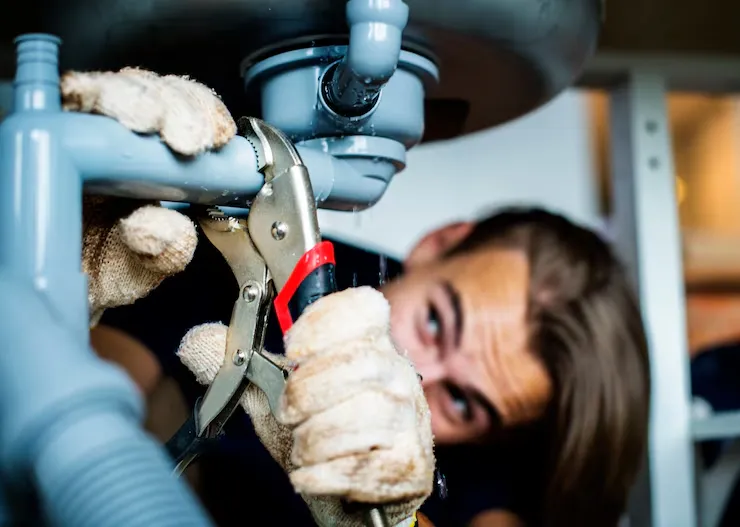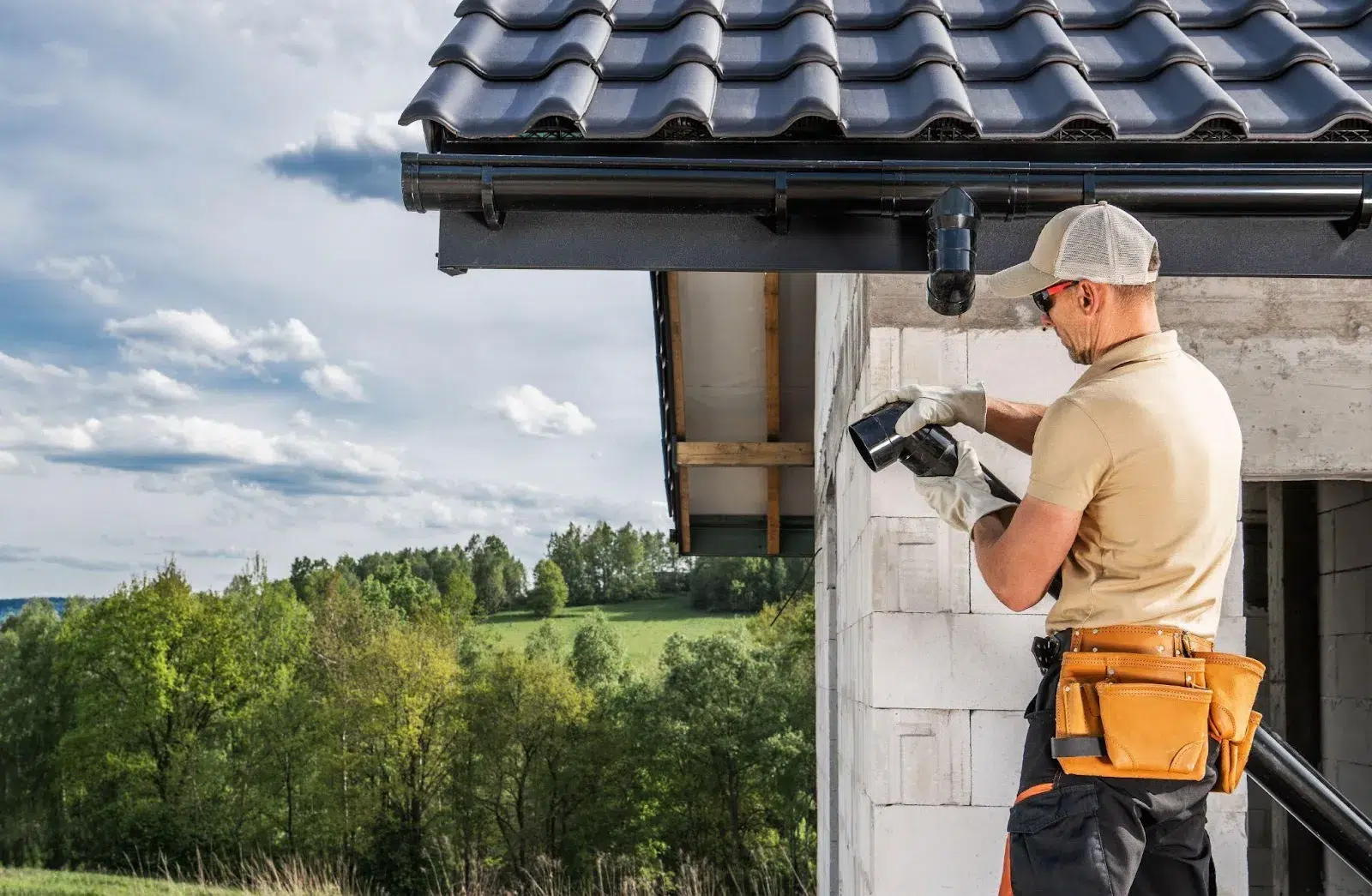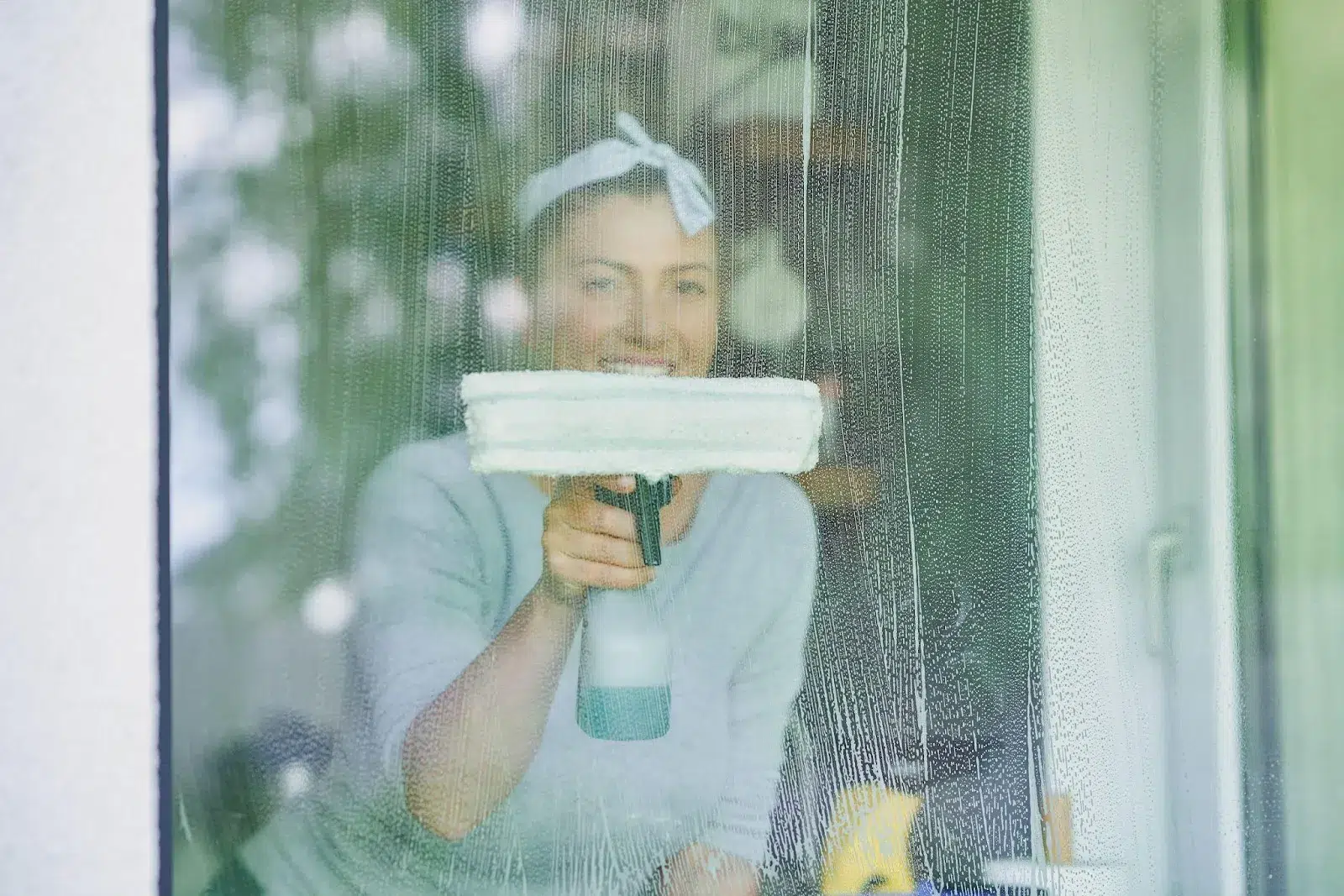Who is responsible for lawn mowing, landlord or tenant?
Have you ever found yourself staring at an overgrown lawn and wondering who should be dealing with it?
It’s a common scenario for many renters in Ontario, and understanding who is responsible for lawn care is more than just a question of convenience—it’s essential for maintaining good landlord-tenant relationships and ensuring a well-kept property.
In Ontario, the Residential Tenancies Act, 2006 makes it clear that landlords are generally responsible for maintaining the property, which includes mowing the lawn. This law ensures that landlords cannot legally shift these responsibilities to tenants through the lease agreement.
Lawn maintenance is not merely about aesthetics; it plays a crucial role in ensuring a safe and pleasant living environment.
A well-maintained lawn can prevent issues such as pests, improve property value, and contribute to the overall well-being of occupants.
But let’s face it: managing a lawn can be time-consuming and challenging, especially if you’re juggling a busy schedule.
For tenants, the concern is often about who will handle these tasks and whether they will be burdened with unexpected responsibilities.
For landlords, it’s about ensuring that the property remains in top shape without the hassle of managing every detail.
This is where professional lawn maintenance services like Custodia come into play.
Hiring a reliable service can take the stress out of lawn care.
Custodia offers affordable home management plans tailored to seniors, new families, professionals, and rental properties.
They ensure that your lawn is maintained professionally and on time, without breaking the bank.

So, whether you’re a tenant worried about unexpected chores or a landlord aiming to keep your property in prime condition, understanding these responsibilities is key.
To avoid misunderstandings and ensure a well-kept property, consider professional services.
Explore Custodia pricing and service areas across Ontario, including Etobicoke, Mississauga, North York, Burlington, Hamilton, Oakville, Dundas, and Ancaster.
What Are Landlords Responsible for in Ontario? Understanding Your Duties
Navigating the responsibilities of a landlord in Ontario involves more than just collecting rent.
The Residential Tenancies Act, 2006, outlines specific duties that landlords must fulfil to ensure their properties are safe and habitable.
This understanding is crucial for maintaining smooth landlord-tenant relationships and a well-maintained rental property.
1. Cleaning Responsibilities of a Landlord in Ontario
Landlords in Ontario must uphold various cleaning and maintenance duties to ensure their properties remain in good condition.
These responsibilities include:
- General Cleanliness
Landlords are required to provide a clean living environment. This involves addressing issues such as pest infestations, garbage removal, and maintaining overall hygiene in the property.
- Repairs and Maintenance
Regular maintenance is a key responsibility. This includes fixing plumbing issues, repairing electrical faults, and ensuring that the property’s structural integrity is intact.
- Sanitation
Proper sanitation in common areas and facilities is essential. Landlords must ensure that shared spaces are clean and sanitary to promote a healthy living environment.
2. Lawn Care and Snow Removal In Ontario
Maintaining a rental property extends beyond interior upkeep to encompass exterior care, including lawn maintenance and snow removal.
These responsibilities are not only about aesthetics but also play a vital role in ensuring tenant safety and enhancing property value.
3. Lawn Mowing and Maintenance
Landlords are typically responsible for regular lawn mowing and overall landscaping.
This duty includes:
- Seasonal Upkeep
Regular mowing during the growing season and managing seasonal tasks like leaf raking and fertilisation. Neglecting these tasks can lead to overgrown grass, which may attract pests or lead to drainage issues.
Discover Expert Tips: Read Our Latest Blog on How to Resod a Lawn in Burlington!
- Landscaping
Beyond mowing, landlords may need to address issues such as lawn aeration, weed control, and planting.
Proper landscaping contributes to a well-maintained appearance and can prevent potential drainage problems.

- Health and Safety
Well-kept lawns reduce hazards such as uneven ground or hidden debris, which can cause accidents.
Snow Removal
In winter, landlords are generally responsible for clearing snow from driveways, walkways, and common areas.
This includes:
- Timely Action
Prompt snow removal is crucial for preventing slips and falls, ensuring safe access to the property. Failure to remove snow promptly can lead to liability issues and tenant complaints.
- De-icing
Applying salt or sand to driveways and walkways helps prevent ice formation, further reducing the risk of accidents. This practice is essential for maintaining safe conditions throughout the winter months.
Why Professional Lawn and Snow Care Matters
Managing these responsibilities can be time-consuming and challenging, especially for landlords with multiple properties or busy schedules.
Professional lawn maintenance services near me in Ontario like Custodia can handle these tasks efficiently, ensuring that your property remains in excellent condition year-round.
Custodia’s expertise in lawn care and snow removal means you get reliable, timely service without the hassle.
For more details, call 1-833-410-4357 or book online today to ensure your property is professionally maintained and well-cared for.
Lawn Care Tips for Landlords
Landlords need to ensure that the outdoor space is well-maintained, as it directly impacts the property’s appeal and tenant satisfaction. Efficient lawn care is key to preserving property value and ensuring tenant safety.
1. Hire Professional Services
Employing a professional lawn care service like Custodia ensures that the lawn is maintained year-round. This eliminates the hassle and ensures the job is done properly.
2. Schedule Regular Maintenance
Mowing, trimming, and seasonal treatments like fertilizing should be done consistently. Regular maintenance prevents overgrowth and damage to the lawn.
3. Provide Necessary Equipment
If tenants are responsible for lawn care, providing the necessary tools such as lawnmowers or trimmers ensures they can fulfill their duties effectively.
Lawn Care Advice for Tenants
If tenants are responsible for lawn care, it’s crucial to understand how to manage it efficiently and meet lease requirements.
1. Understand Your Responsibilities
Review the lease to know exactly what you are responsible for. If you’re unclear, ask for clarification from your landlord.
2. Maintain a Schedule
Consistent mowing and watering during growing seasons help avoid overgrown lawns. This also prevents penalties or disputes with the landlord.
3. Request Professional Help
If the task feels overwhelming, request your landlord to hire a professional service or consider a cost-sharing arrangement for the upkeep.
Importance of Clear Communication
Clear communication is vital when assigning lawn care responsibilities. Both landlords and tenants should have a written agreement outlining who is responsible for what to avoid confusion and potential disputes.
- Set Clear Expectations in the Lease
Ensure the lease clearly states who handles lawn maintenance. This prevents misunderstandings and ensures both parties know their duties.
- Keep Open Lines of Communication
If issues arise, such as lawn equipment malfunctioning or overgrowth, both parties should communicate promptly to resolve problems before they escalate.
- Amend Agreements as Needed
If circumstances change, such as a tenant struggling to keep up with lawn care, consider amending the lease or hiring professional help.
By following these best practices, both landlords and tenants can maintain a healthy, attractive lawn and foster a positive rental experience.
Tenant vs. Landlord: Lawn Care Responsibilities and Legal Obligations
Let’s understand the key differences between tenant and landlord lawn care responsibilities, including legal obligations and expectations in Ontario.
Is the landlord legally required to mow the lawn in Ontario?
Yes. Under the Residential Tenancies Act, landlords are responsible for maintaining the property, which includes mowing the lawn, unless otherwise agreed upon in writing.
Lawn care is considered part of the landlord’s duty to ensure the property is kept in good repair.
Can the landlord make the tenant responsible for lawn care?
Yes, but this must be clearly outlined in the lease agreement. The landlord can shift the responsibility to the tenant as long as both parties agree in writing before the tenancy begins.
What happens if the lease doesn’t mention lawn care?
If the lease does not specify who is responsible for lawn care, the responsibility falls on the landlord by default. However, if lawn care is crucial to the property’s condition, landlords should address this in the lease.
Can a tenant refuse to mow the lawn if it’s not in the lease?
Yes. If lawn care is not mentioned in the lease, tenants are not obligated to perform lawn maintenance. It’s the landlord’s responsibility unless agreed otherwise.
Is the landlord responsible for snow removal and lawn care?
Yes. Both snow removal and lawn care are typically the landlord’s responsibility unless stated in the lease that the tenant will take care of these tasks.
The Ontario Residential Tenancies Act does not distinguish between lawn care and snow removal.
What are the penalties if a tenant doesn’t mow the lawn?
If lawn care is included in the lease and the tenant neglects this duty, landlords can issue a warning or make necessary deductions from the security deposit to cover lawn maintenance fees.
Can a tenant be charged for not mowing the lawn?
Yes. If tenants are responsible for mowing the lawn per the lease, and they fail to comply, they may be charged for the cost of maintenance services hired by the landlord.
Can the landlord increase rent for lawn care services?
No, landlords cannot increase rent outside of the guidelines set by Ontario’s rent increase limits. However, lawn care fees can be factored into the rent when the lease is initially drafted.
Who is responsible for landscaping maintenance?
Landscaping, like lawn mowing, is generally the landlord’s responsibility unless the tenant agrees to take it on in the lease. Proper landscaping ensures the property remains visually appealing and safe.
Can a tenant hire their own lawn care service?
Yes. If tenants are responsible for lawn care, they can choose to hire professional lawn care services, but it’s important to clarify this with the landlord to avoid conflicts.
Can a tenant negotiate lawn care responsibilities in the lease?
Absolutely. Tenants and landlords can discuss and negotiate who handles lawn care before signing the lease. This ensures both parties understand their responsibilities.
What should a tenant do if the landlord is not maintaining the lawn?
If the landlord is responsible but neglects lawn care, tenants can file a complaint with the Landlord and Tenant Board. Proper lawn maintenance is a legal requirement under the Residential Tenancies Act.
Can tenants refuse to mow a large or dangerous lawn?
Yes. Tenants can negotiate if they feel the lawn is too large or poses a safety hazard. In some cases, such concerns may allow tenants to refuse the responsibility or request landlord intervention.
Are landlords responsible for lawn care in multi-unit properties?
Yes. In multi-unit residential properties, the landlord is responsible for maintaining common outdoor areas, including lawn care.
Are landlords responsible for watering the lawn?
Watering the lawn is generally part of lawn care, so unless otherwise stated in the lease, it is the landlord’s responsibility. Some landlords may request that tenants help with basic tasks like watering.
What should be included in a lawn care clause in a lease?
A lawn care clause should detail who is responsible, how often the lawn needs care, and any equipment provided by the landlord. Clear communication prevents misunderstandings.
Who is responsible for tree and hedge trimming?
Tree and hedge trimming usually falls under the landlord’s responsibility unless otherwise agreed. It’s considered part of maintaining the exterior property.
Can a landlord require a tenant to mow the lawn during their tenancy?
Yes, but only if this requirement is clearly specified in the lease agreement.
Keep your lawn looking its best—Take advantage of Custodia Home Management Services for professional lawn care, including mowing.
Call 1-833-410-4357 or Book Online for a free consultation today!




